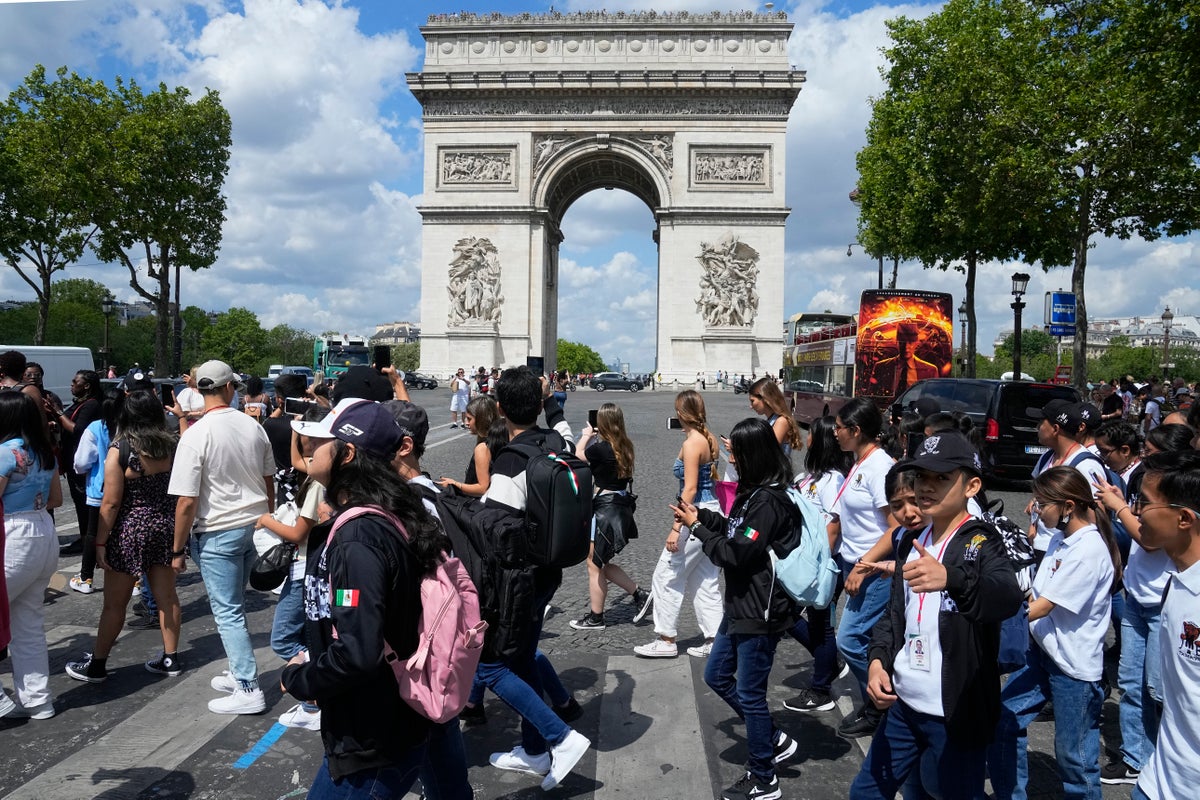
France’s prime minister, Francois Bayrou, has proposed scrapping two public holidays, potentially including Easter Monday and the Allied victory day, to generate savings for next year’s budget.
This controversial move is part of a wider package of spending cuts outlined in his ambitious fiscal plan.
Mr Bayrou argues that eliminating the holidays would boost economic activity, yielding tax revenues that contribute to an estimated €44 billion ($51.3 billion) in overall savings.
The proposal follows president Emmanuel Macron’s directive for a budget that tackles France’s significant debt and deficit.
This cost-cutting drive is balanced against a simultaneous increase in defence spending, which Mr Macron states is vital to address “resurgent threats from Russia and beyond”.
Bayrou questioned the religious importance of Easter Monday.
As well as this, he discussed Victory Day, celebrated on 8 May, which comes in a month that has become a “veritable Gruyere,” or holey cheese, of days off that includes May Day and the Catholic holiday of Ascension.
He said that those holidays were just suggestions, and that he was open to other ideas. France currently has 11 official holidays per year.
With no parliamentary majority, Macron’s centrist grouping must win support from adversaries on the left and right to pass the budget this fall.
Bayrou’s proposals, which are just a first step in the budget process, were quickly assailed by unions and the far-right National Rally, the largest single party in the lower house of Parliament.
Bayrou’s job is precarious, and he could be voted out if he fails to reach compromise on the budget.
President Emmanuel Macron has left Bayrou the task of repairing the public finances with the 2026 budget, after his own move to call a snap legislative election last year delivered a hung parliament too divided to tackle the country’s spiralling spending.
If he fails, a new political crisis could trigger more credit ratings’ downgrades and drive up the cost of interest payments, which are already set to become the single biggest drain on the budget at over 60 billion euros.
In the final two years of his second term, the dramatic deterioration of the public finances, which has left France with the biggest budget deficit in the euro zone, may tarnish Macron’s legacy.
Then a political outsider, he was first elected in 2017 on promises to break the right-left divide and modernise the euro zone’s second-biggest economy with growth-friendly tax cuts and reforms.
Successive crises – from protests, COVID-19 and runaway inflation – have shown he has failed to change the country’s overspending habit, however.
Bayrou aims to reduce the budget deficit from 5.4% of GDP this year to 4.6% in 2026, ultimately targeting the EU’s three per cent fiscal deficit limit by 2029.
“It’s the last stop before the cliff, before we are crushed by the debt,” Bayrou said on Tuesday.
